June 2017 to July 2023
Developing long-term, sustainable solutions to improve basic teaching for every child in Rwanda.
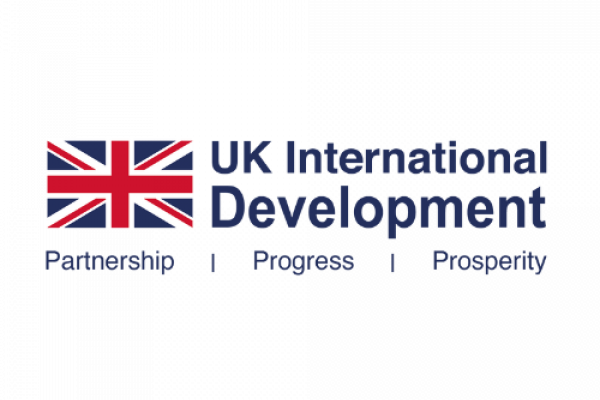
Although nearly all Rwandan children are enrolled in primary school, many leave without reaching a decent level of functional literacy and numeracy. Most classrooms are basic, with limited teaching and learning resources. Many teachers are unqualified, and are often faced with large classes – sometimes with up to 60 pupils – making it difficult for them to engage every child.
Through the Building Learning Foundations (BLF) programme, funded by UK Aid, we are working with schools, teacher training colleges and the Rwandan Government to overcome these challenges and improve basic education for all - ensuring no child is left behind.
The programme is unique in its approach. BLF works with a team of more than 200 Rwandan volunteers working with 35 international volunteers, to provide extensive and intensive technical assistance to every school to embed inclusive strategies into daily practice. Supporting the volunteers are advisors, with expertise in the mainstream curriculum and special educational needs.
BLF is ambitious in its scale and aims. As part of a consortium led by the Education Development Trust, we will reach 4 million children over five years, by engaging with every government-funded primary school in the country.
We're building the skills and capacity of 42,000 school teachers.
We will work with 2,600 primary schools across Rwanda.
200 national and 35 international volunteers are working to support teachers and school leaders.
We will reach 4 million schoolchildren across Rwanda.
A whole-system approach
The programme is built on three interlinked foundations, ensuring its impact will be sustainable long after 2020:
- teacher development,
- leadership for learning,
- strengthening systems.
Embedded within each of the three components are the key principles of inclusivity and child-centred learning.
Leaving no child behind
We’re already impacting children in even the most remote and hard-to-reach regions of Rwanda, where teachers and school leaders are benefiting from regular mentoring and professional development.
We’re prioritising the needs of children who are most often left behind – those with disabilities, learning difficulties, or other factors which make accessing education challenging. Our interventions are informed by a Disability Assessment based on the Washington Group questions, the UN’s standard for identifying people living with disabilities, ensuring that inclusivity remains at the heart of the programme.
Our expert volunteers have developed an inclusive education guide for teachers, equipping them with the tools and understanding they need to identify and meet the needs of children with disabilities or special educational needs. English and Maths toolkits help enable inclusive thinking and action to become part of teachers’ daily practice.
Investing in teachers
By training teachers and mentoring school leaders, we’re investing in the people who can make a real and long-lasting impact.
Teams of national volunteers, mentored by international volunteer teaching advisors, have trained 25,000 foundational English and maths teachers. Volunteer school leadership advisors have trained 476 of Rwanda’s best-performing headteachers, who are now supporting all primary heads across the country.
Developing low-cost, sustainable classroom resources
To overcome the inherent challenges posed by a lack of physical resources, an important strand of the programme is the development of low-cost, easy to make teaching materials. Volunteers are showing teachers how to create their own resources, using items readily found in the community – such as rice sacks and bottle tops.
Mentored by an international volunteer education specialist, national volunteers visit schools and spend a day there, identifying teachers’ specific needs and learning objectives. They can then share ideas of how to use everyday objects in a creative way, empowering teachers to develop their own engaging materials and exercises.
Responding to COVID-19
COVID-19 presented an unprecedented situation that changed very quickly as across the world schools closed, meaning millions of children were losing out on vital opportunities for learning. In Rwanda there was a need to rapidly assess the practical implications of how we could continue to deliver the programme- how could we continue to support teachers to deliver education for their students?
For the BLF programme, this meant a quickly pivot to offering home learning solutions, thought for many, access to the internet and online learning is a challenge. Several of our international volunteers were repatriated home, but some chose to remain on the project. Others have chosen to stay supporting the project through remote or “e” volunteering, as have the majority of national volunteers on the programme. VSO’s e-volunteering system was designed with elements to support teachers and students to stay socially connected whilst following social isolation guidelines.
The team managed to rapidly set up new virtual ways of working and have worked around teachers’ other commitments to ensure that they are able to still receive training and support. It was the strength of the relationship between the team members which allowed BLF to adapt so quickly to the changing circumstances.
Project outcomes
Working with communities, VSO volunteers trained and mentored English teachers, maths teachers and head teachers, as well as lead on the design, planning and delivery of inclusive education in 3,210 schools.
At a regional level, VSO built the capacity of district and sub-district officials using a data-informed approach to evaluation of implementation of foundational education activities and managed partnerships with all 30 district authorities. The projects main aim was to improve learning outcomes in primary levels one to three, in English and Maths.
Overall we reached 5 million children surpassing our target of 4 million, 30,000 teachers, 13,250 parents and 508 education system officials.
We also reached 9,621 school subject leaders, 2,650 school-based mentors, 3,210 school leaders and 40 school inspectors.
Find out more about our work in
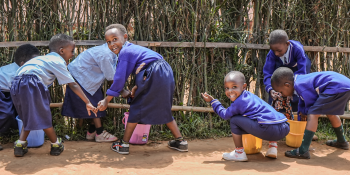
Rwanda
We've worked in Rwanda since 1998, building healthy communities and strengthening inclusive education systems.
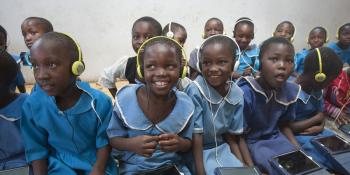
Education system strengthening
Developing inclusive education systems that leave no child behind.
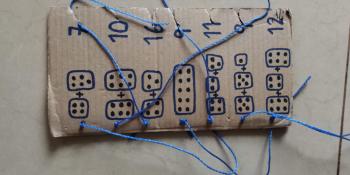
Numeracy for all
Developing low-cost, high-quality maths teaching aids.
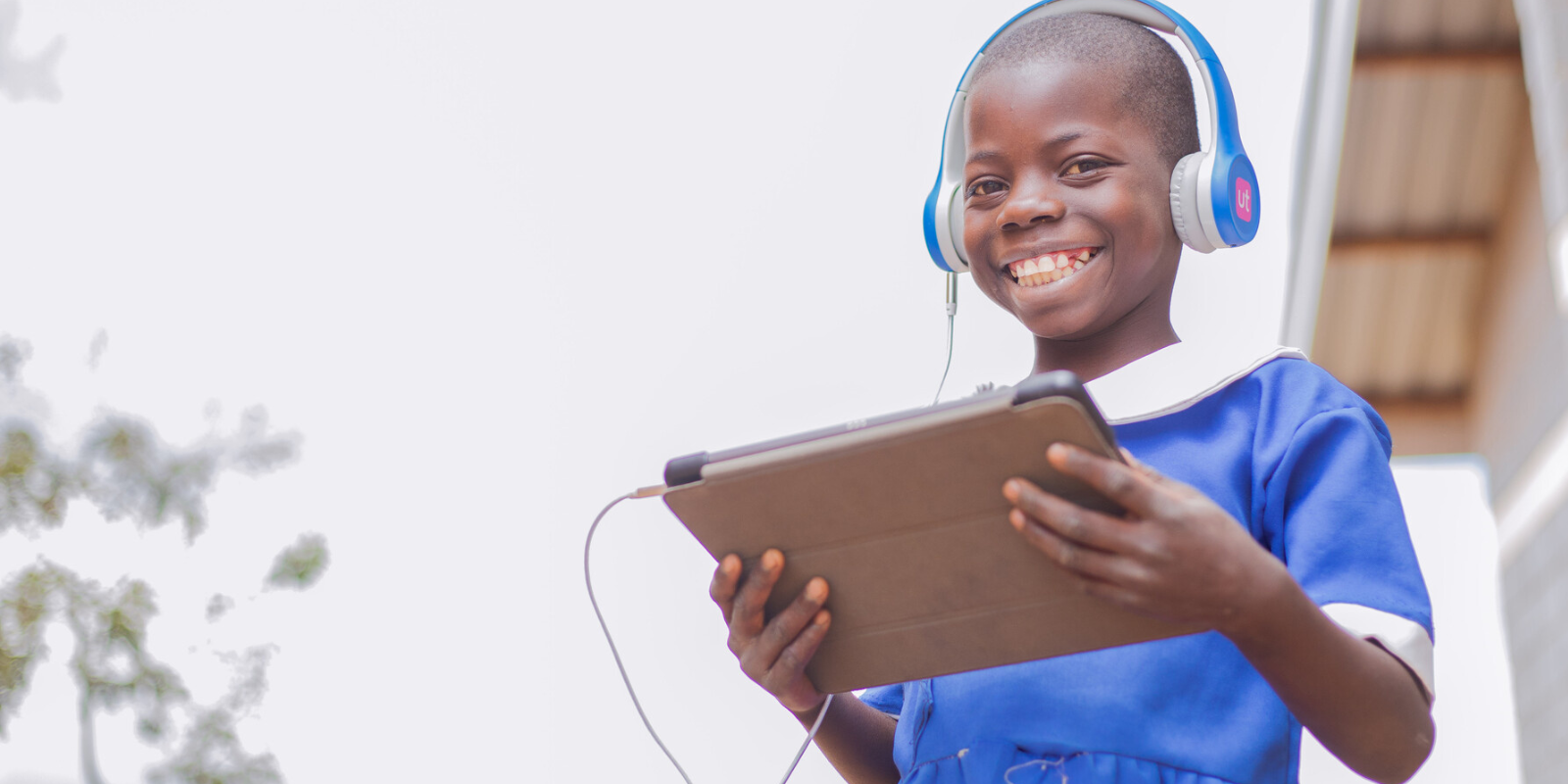
Support us with a donation
